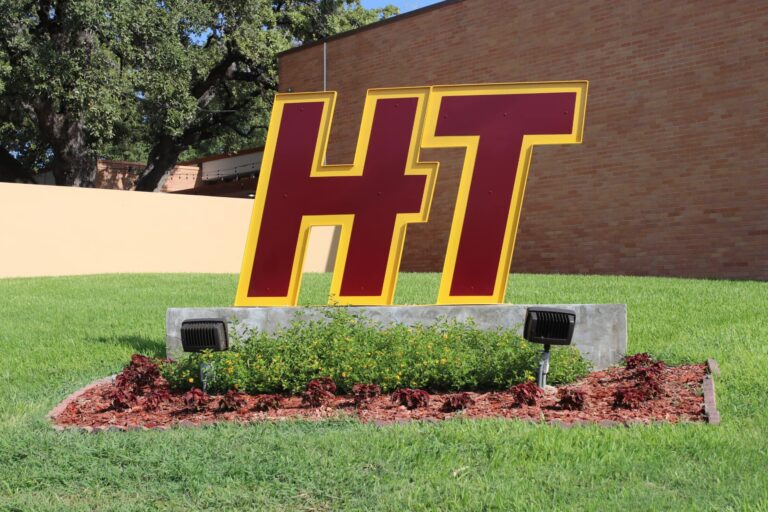Politics Lab of the James L. Farmer House



Founding institutional home of civic architecture
Huston-Tillotson University’s Politics Lab of the James L. Farmer House founded in 2022 honors the life and legacy of the American civil rights luminary, James L. Farmer, Jr. Farmer traces his roots as a child to Austin, Texas, and Samuel Huston College, now Huston-Tillotson University, where his father, Dr. James L. Farmer, Sr. was a faculty member serving from 1925-1930. A historical marker commemorating Farmer, Jr.’s life sits at the home in East Austin where the Farmer family lived. The home is only blocks from Huston-Tillotson University. Farmer, Jr. founded the Congress of Racial Equity (CORE), a cornerstone organization of the American civil rights movement. CORE pioneered the use of nonviolent direct action organizing the 1961 Freedom Rides that took an integrated group through the Deep South.
Bold responsive inclusive community is a vision of a democratic society rooted in the American civil rights movement and other historic freedom movements. The idea is symbolized by the “Farmer House,” the childhood home in Austin, Texas of civil rights leader James L. Farmer Jr., located only blocks from the University. The new institute— the Farmer House — represents more than a physical space. It serves as a social, cognitive and cultural environment for exploring the powerful idea of bold responsive inclusive community as a guiding principle of American democracy. At the Farmer House, this concept is understood as a core American cultural belief and a foundational element of democratic practice.
The Farmer House seeks to explore what bold responsive inclusive community looks like in higher education, research models, public policy, and public engagement. It raises key questions about how this framework can address persistent inequities in education, housing, the environment, employment, and other areas disproportionately affecting communities of color. It also examines the model’s limitations within a modern, complex and technologically evolving society. Through campus and community collaborations the Farmer House aims to foster growth and draw insights from both historical and contemporary examples. This work is timely and essential, offering a constructive framework for tackling public problems by leveraging the collective power of people, communities, and government—and providing a pathway through the polarization facing American democracy today.